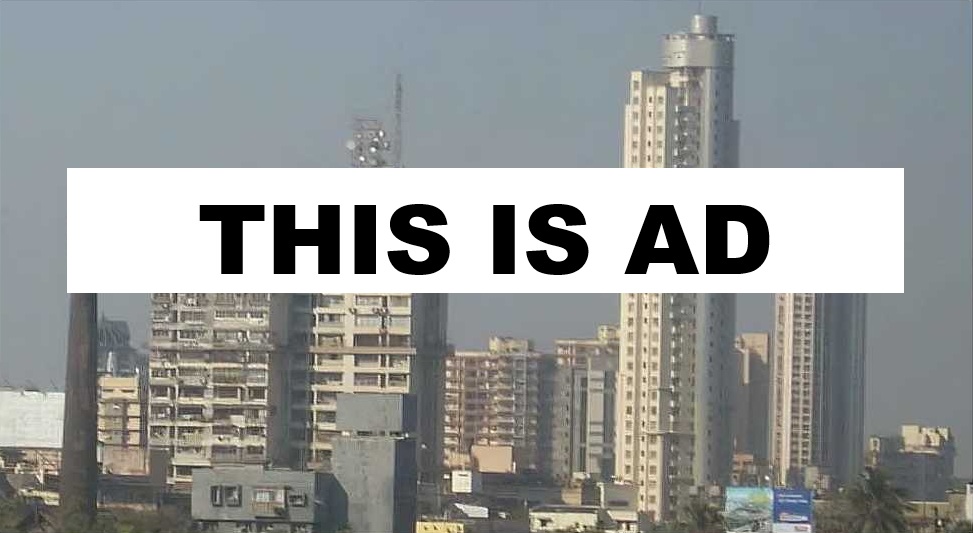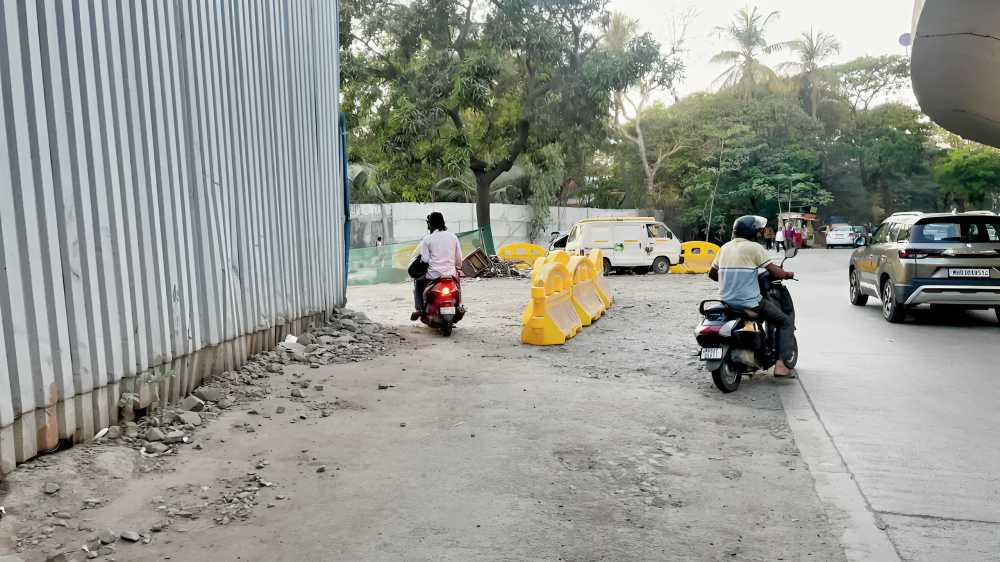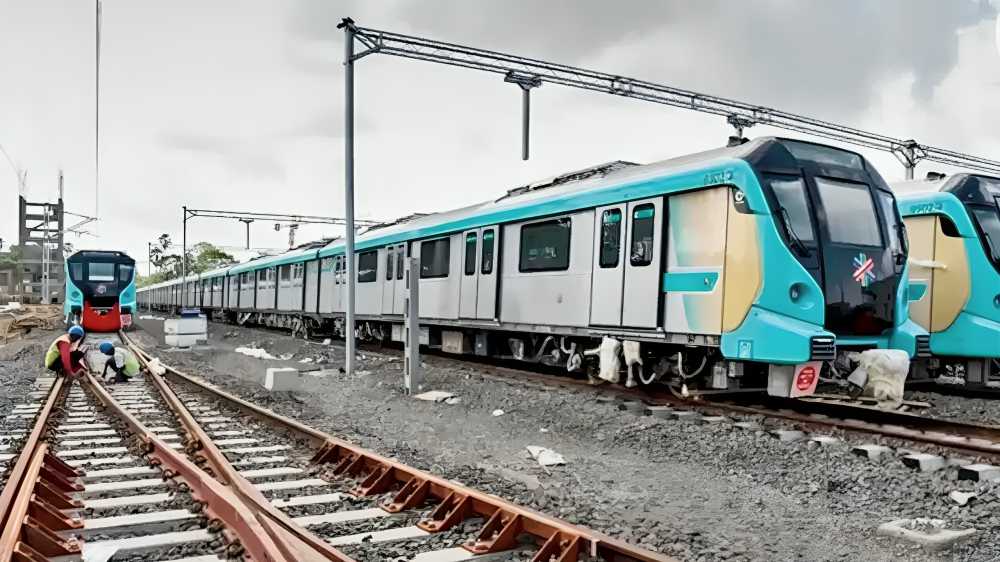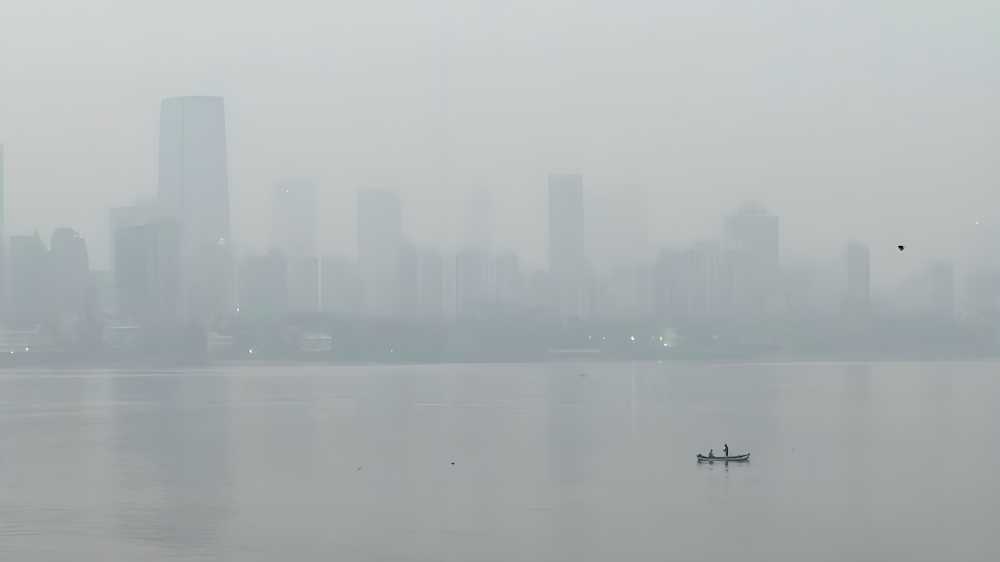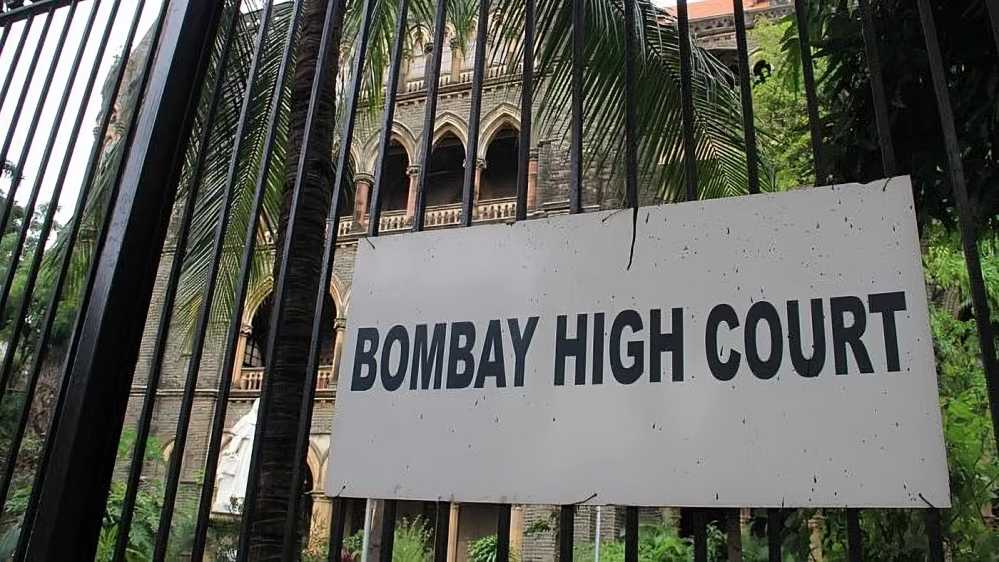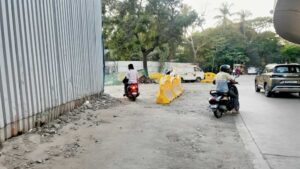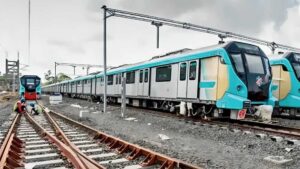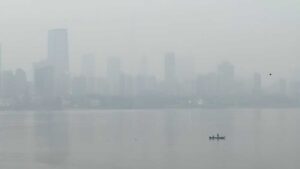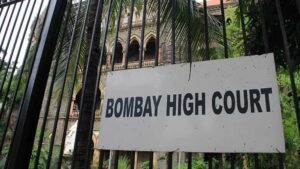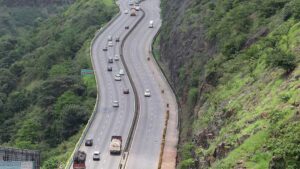The Dharavi Redevelopment Project, one of Asia’s largest slum transformation initiatives, is currently navigating key exemptions that are crucial to its progress. These exemptions, under active review, seek to unlock land parcels, lower upfront costs, and ease the construction of housing and infrastructure vital to the project’s success.
Among the requested waivers are those for premiums related to deficiencies in staircase and open space requirements, reimbursement of State Goods and Services Tax (SGST) on construction, and regulatory relaxations to speed up land transfers and legal procedures. These measures are designed to streamline redevelopment and overcome financial and logistical obstacles inherent in reshaping this vast urban area.
The master plan, approved by the Maharashtra government on 28 May, outlines the development of 58,532 residential units alongside 13,468 commercial and industrial spaces within Dharavi to rehabilitate eligible residents. Additionally, roughly 541 acres across Mumbai have been designated for rental housing to accommodate residents deemed ineligible for rehabilitation within Dharavi. Another 118.4 acres within the area are set aside for commercial development.
However, the project is not without challenges. Delays in land possession and demarcation have hindered progress. Furthermore, some residents and community leaders have voiced concerns regarding the sufficiency of the proposed housing units and the transparency of the eligibility surveys. Calls have been made for more thorough surveys and public consultations to ensure the redevelopment plan fairly addresses the rights and needs of all affected individuals.
Despite these issues, the Dharavi Redevelopment Project marks a vital step toward establishing a zero net carbon, eco-friendly, sustainable, gender-neutral, and equitable urban space. By integrating modern infrastructure while preserving Dharavi’s unique socio-economic character, the initiative aims to set a benchmark for inclusive and responsible urban development in India.
Source: Urban Acres







